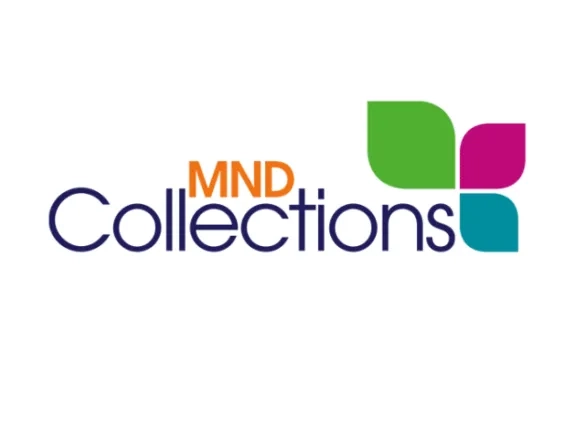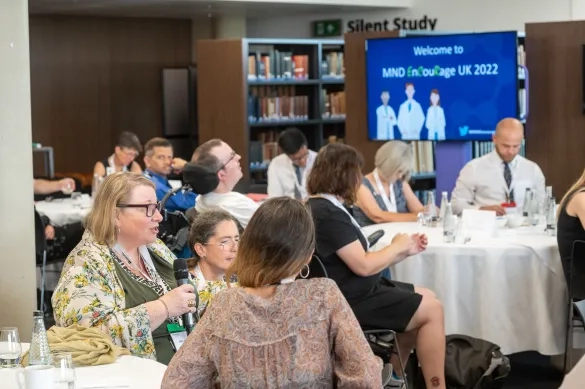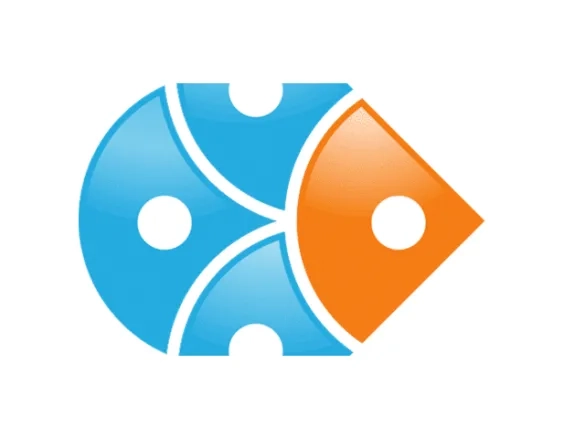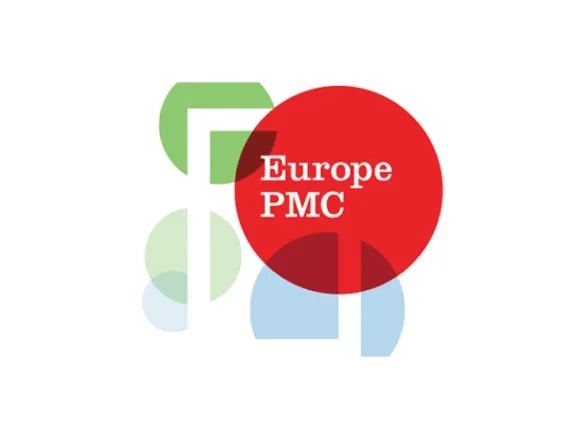We are keen to support the activities of MND researchers. Here you can find how we can help with your research, from sourcing samples, helping with participant recruitment, to providing grants for open access publishing. You can also find a list of external resources you may find useful.
External resources

ALS Online Database (ALSoD)
The ALS Online Database (ALSoD) is a freely available database that has been transformed from a single gene storage facility recording mutations in the SOD1 gene, to a multigene ALS bioinformatics repository and analytical instrument which combines genotype, phenotype, and geographical information with associated analysis tools, allowing you to understand gene variants you find.
ALS Reproducible Antibody Platform (ALS RAP)
ALS-RAP was formed to ensure the availability of the highest quality, validated antibodies developed using standard operating procedures could be openly shared with the ALS research community. Notably, no form of intellectual property protection or patents were filed for all new reproducible antibodies fully discovered and developed by ALS-RAP. This collaborative effort, based on open science and complete freedom to operate, ensured the use of the highest-quality tools to increase the success of future drug discovery. The ALS RAP has now evolved into YCharOS Inc., a Canadian not-for profit open science company who aim to characterise commercially available reagent antibodies for every human protein.
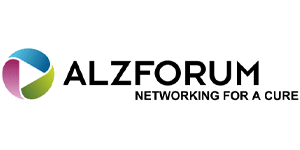
Alzforum
The Alzforum is a dynamic web-based scientific community dedicated to understanding Alzheimer's disease and other related neurodegenerative disorders. The website reports on the latest scientific findings, creates and maintains public databases of research data as well as producing online discussion forums.
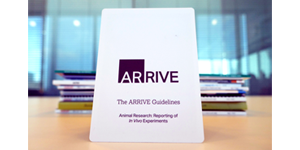
ARRIVE guidelines 2.0
The ARRIVE (Animal Research: Reporting of In Vivo Experiments) guidelines have been revised to further support researchers in improving the reliability and reproducibility of their work through better reporting. Items within the guidelines have been organised into two sets to help researchers include the most important information within their manuscript. ARRIVE 2.0 is accompanied by an Explanation and Elaboration document, as well as a new website, www.arriveguidelines.org, which features information and resources for researchers, journals, funders and other stakeholders.
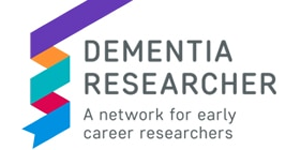
Dementia Research Funding portal
The Dementia Research Funding Portal provides researchers with the latest funding opportunities in dementia research. This includes up to date research funding calls and deadlines, other useful resources and events.
Guidelines on the use of pre-clinical models in MND research
For many years, translation of apparent therapeutic successes from in vivo models of ALS to the human disease has proven difficult. In 2005 a group of European MND researchers began work on some guiding principles of preclinical research and therapy development. A consensus paper was published in 2010: Ludolph et al ALS 2010;11(1-2):38-45.
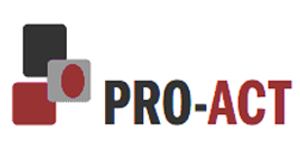
PRO-ACT Database
PRO-ACT (Pooled Resource Open-Access ALS Clinical Trials Database) is a pooled resource of ALS clinical trial data, created by merging data from existing public and private clinical trials. Launched in December 2012, it contains 10,700 unique patient records from the treatment and placebo arms of 23 phase II and phase III ALS/MND trials.
SPiQE: Surface Potential Quantification Engine
SPiQE is the brainchild of a collaboration between neurologists at King’s College London and bioengineers at Imperial College London. It combines the very latest in surface electrode technology with sophisticated spike-detection software.
SPiQE functions as an automated analytical pipeline for the detection of spontaneous and voluntary muscle activity. It is non-invasive and well-tolerated by patients. Importantly, this means muscle recordings can be longer than ever before and can be repeated at regular time intervals.
UK Brain Banks Network
The Medical Research Council (MRC) led the initiative to develop the UK Brain Banks Network. This network will provide high quality brain tissue to scientists and clinicians in order for them to carry out cutting edge neuroscience research. For further information please see their website.
Veterans Affairs Biorepository Brain Bank
The US Veterans Affairs Biorepository Brain Bank (VABBB) was established in 2006 to promote and support research into ALS and other illnesses that affect veterans by collecting brain and spinal cord tissues, along with relevant clinical data, essential for such research. ALS researchers are invited to apply for tissue and data collected from veterans with ALS. For more information please see their website.
Can't find what you're looking for?
If you can't find what you're looking for, please contact us as we may know someone who can help.
We're keen to make this page a useful place of reference. If you'd like to share a resource with others, please contact us to add it.
